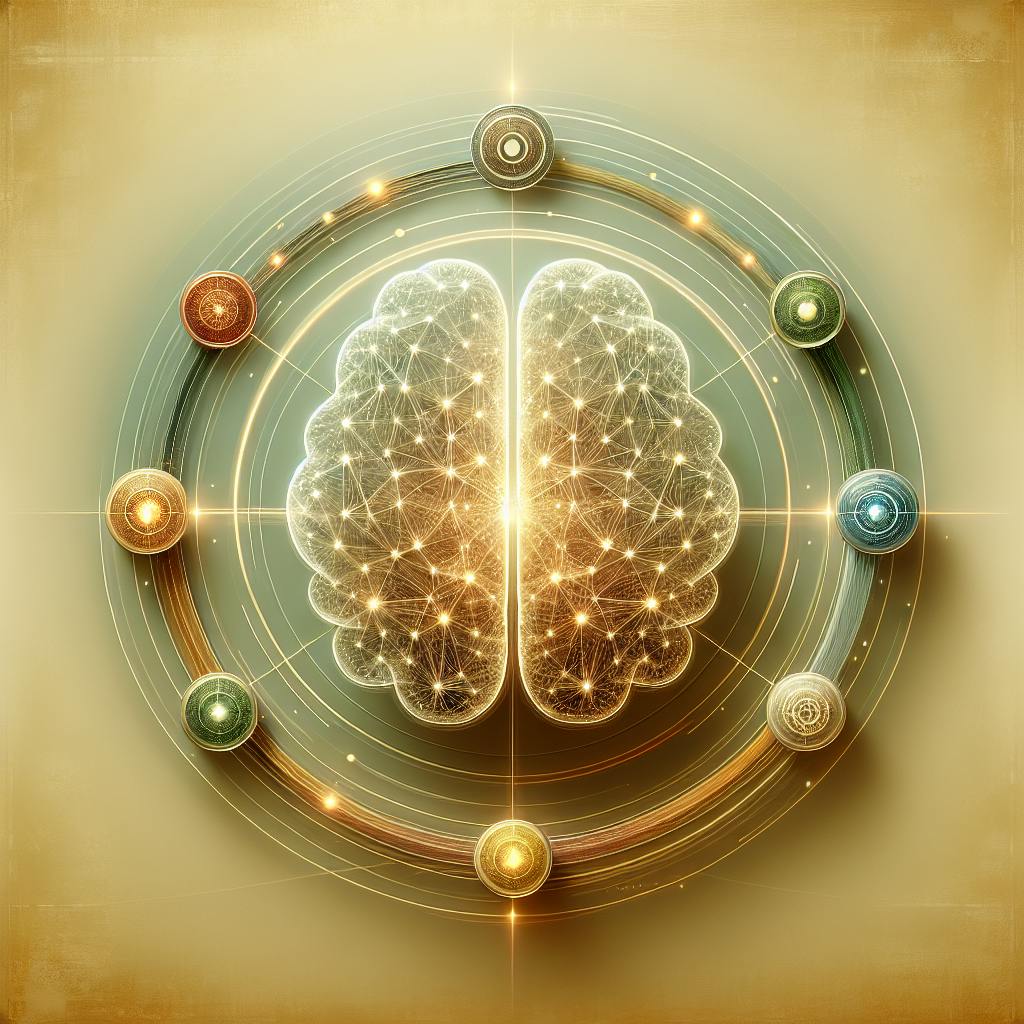Introduction: GPT and AI Enable More Natural Conversations
Advances in generative AI like Generative Pre-trained Transformer (GPT) are rapidly transforming basic chatbots into remarkably human-like conversational agents. Built on breakthroughs in neural networks and machine learning, GPT models like GPT-3 can generate thoughtful written responses after "reading" prior dialog. This takes virtual assistants far beyond limited traditional keyword matching to deliver truly engaging experiences.
As GPT research continues, integrating such models into chatbots and virtual assistants unlocks exciting new possibilities. Nuanced dialog on any topic, personalized recommendations, and creative expression become possible. However, responsible and ethical development remains essential, as with any transformative technology. Paired with transparency and human oversight, AI like GPT promises to safely enhance our lives.
Specialized GPTs Go Beyond General Capabilities
While general GPT models like GPT-3 have broad conversational abilities, specialized GPTs are now being developed by training on niche datasets. These tailored agents gain enhanced skills for focused domains while retaining wide general knowledge.
Models like Anthropic's Constitutional AI for safe dialog, Claude for coding, and custom GPTs for specific industries or applications promise even more relevant, nuanced conversations. Specialized GPT solutions shine where domain-specific personalization and expertise are needed.
Healthcare: Diagnosis Support and Patient Education
For healthcare, a GPT assistant could be trained on medical textbooks, research papers, and anonymized patient transcripts. This provides an AI agent able to discuss symptoms, explain conditions, and walk patients through treatments in a personalized way.
With proper transparency and human oversight, such an AI could augment clinicians by providing second opinions on diagnosis or proactively answering patient questions. Customizing GPT to a healthcare domain enables specialized abilities exceeding general medical knowledge.
Customer Service: Tailored Dialog and Product Expertise
Customer service is another area where specialized GPT excels. An e-commerce site could train a model on product documentation, user manuals, help desk logs, and community forums. This creates a conversational agent capable of in-depth discussions about their catalog and troubleshooting issues.
With tight focus on the company's offerings, integrations like custom purchase flows become possible as well. Specialized GPT virtual assistants provide customer service at a level of personalization and expertise hard to reach otherwise.
Education: Personalized Lessons and Student Engagement
For education, a custom GPT could be trained on curriculum documents, lesson plans, and study materials. This allows an AI tutor able to teach concepts, explain problems, offer examples, and encourage learning. Students could engage conversationally with course content tailored to their needs and interests.
Specialized GPT tutors bring interactive, adaptive education beyond one-size-fits-all lessons. Each student can get personalized guidance at their own pace from an AI assistant immersed in the coursework.
Responsible Development of Specialized AI
While the possibilities unlocked by GPT language models are far-reaching, responsible implementation remains essential. Considerations like transparency, human oversight, and focusing on augmentation over automation helps ensure safe, ethical deployment.
Transparent Design and Usage
Being fully transparent that conversations involve AI, not humans, builds appropriate trust. Clearly indicating when GPT generates responses allows properly calibrating reliance on its capabilities. Human review also helps catch inaccuracies or errors before they propagate.
Complement Rather Than Replace Human Intelligence
Automating high-stakes tasks without oversight poses risks. However, integrating GPT thoughtfully to complement professionals' expertise and judgment retains human autonomy. AI should enhance human abilities, not replace them.
Continual Model Evaluation for Safety and Accuracy
Regularly evaluating specialized GPT models helps ensure they provide accurate, relevant information for the intended domain. Testing for issues like factual correctness, safety, and ethical alignment is crucial before deployment. Monitoring ongoing performance identifies areas needing improvement through additional training over time.
Conclusion: Specialized GPTs Transform Conversational Experiences
As research into models like GPT continues, their integration unlocks more natural, personalized, and creative virtual assistants. Moving beyond today's general chatbots, specialized GPT solutions provide targeted abilities no single algorithm can match.
With responsible and transparent implementation, AI like GPT promises to safely augment professionals across healthcare, education, business, and more. The future looks bright for customized conversational agents enhancing our lives through expertise beyond human scale.


